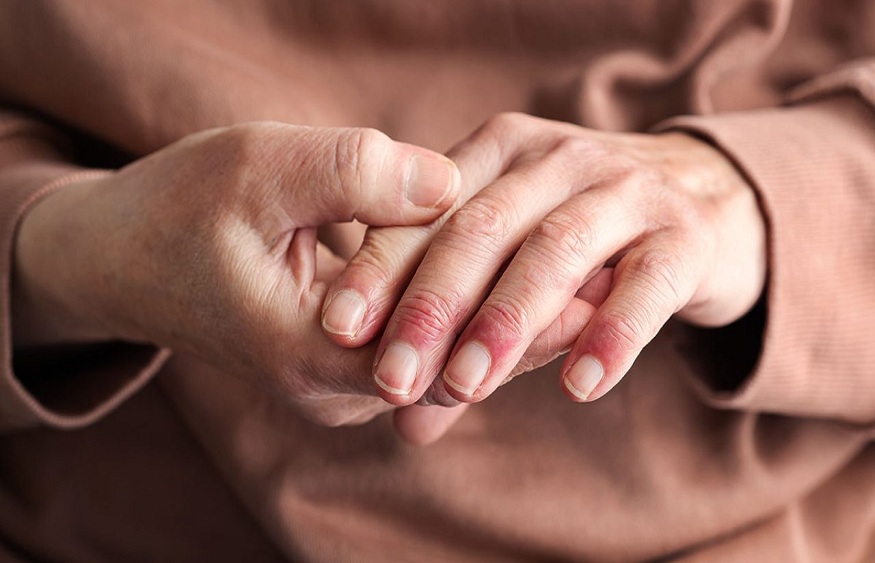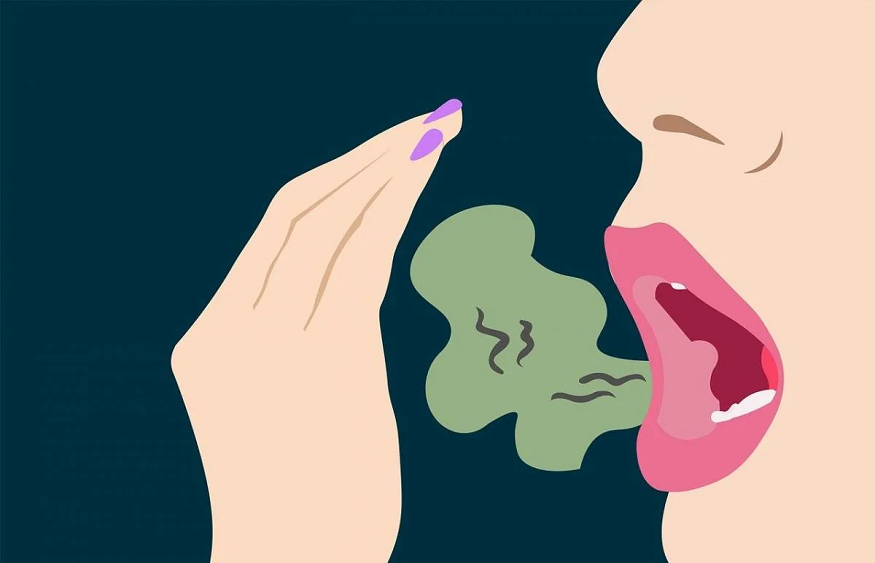. It can significantly impact an individual’s quality of life, causing discomfort and frustration. In this blog post, we will explore coping strategies and treatment options that can help individuals manage and alleviate the symptoms of eczema, providing insights for a better quality of life.
Understanding Eczema
1. Triggers and Symptoms
Eczema is a complex condition with triggers that can vary from person to person. Common triggers include dry skin, irritants (such as soaps or detergents), allergens (such as pet dander or pollen), stress, and temperature changes. Symptoms of eczema can include red, itchy, and inflamed skin, dryness, patches of rough skin, and the formation of blisters or crusts.
Coping Strategies
2. Moisturize Regularly
Use gentle, fragrance-free moisturizers regularly to lock in moisture and prevent dryness. Apply moisturizers immediately after bathing to trap moisture in the skin.
3. Avoid Triggers
Identifying and avoiding triggers is key to managing eczema symptoms. . This may involve avoiding certain foods, using fragrance-free and hypoallergenic products, and keeping the skin well-protected in extreme weather conditions.
4. Gentle Skin Care
Practice gentle skin care to minimize irritation. Use mild, fragrance-free cleansers and avoid hot showers or baths, as they can strip the skin of moisture. Pat the skin dry with a soft towel instead of rubbing, and opt for cotton clothing to minimize skin irritation.
5. Stress Management
Stress can worsen eczema symptoms. Explore stress management techniques such as mindfulness, meditation, deep breathing exercises, and engaging in hobbies or activities that promote relaxation. Seek support from friends, family, or support groups to help cope with the emotional impact of living with eczema.
Treatment Options
1. Topical Steroids and Medications
Topical corticosteroids are commonly prescribed to reduce inflammation and alleviate eczema symptoms. These medications are available in various strengths and should be used as directed by a healthcare professional. Non-steroidal creams or ointments, such as calcineurin inhibitors, may also be prescribed for managing eczema flare-ups.
2. Emollients and Barrier Creams
Emollients are moisturizers that help maintain the skin’s moisture barrier and reduce dryness. These can be applied daily to prevent eczema flare-ups. Barrier creams or ointments can also be used to protect the skin from irritants and promote healing.
3. Wet Wraps and Dressings
In severe cases of eczema, wet wraps or dressings may be recommended. These involve applying a moisturizer to the affected areas and covering them with damp bandages or clothing. Wet wraps can help soothe itching, hydrate the skin, and improve the effectiveness of topical medications.
4. Phototherapy
Phototherapy involves exposing the skin to controlled doses of ultraviolet (UV) light under medical supervision. This treatment can help reduce inflammation and improve eczema symptoms. Phototherapy is typically administered in a healthcare setting and may require multiple sessions.
Conclusion
Living with eczema can be challenging, but with the right coping strategies and treatment options, individuals can manage their symptoms effectively and improve their quality of life. Consistent moisturizing, avoiding triggers, practicing gentle skin care, managing stress, and following a personalized treatment plan prescribed by a healthcare professional are crucial in managing eczema
symptoms. Remember, it is essential to consult with a healthcare professional for an accurate diagnosis and appropriate treatment guidance based on individual needs. With the right approach, individuals with eczema can find relief and regain control over their skin health.




